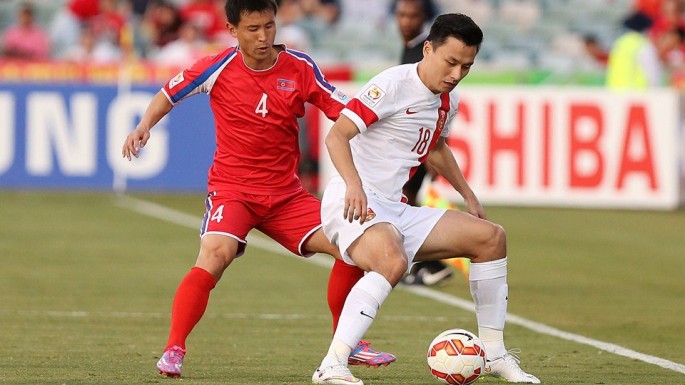China's hopes of hosting the 2030 World Cup have increased thanks to rule changes announced by FIFA.
New opportunity
In a legal text published on Wednesday, the organization proposed giving its ruling council the power to decide on whether a continent could skip hosting the World Cup just once before being able to pick it up again. The new proposal could potentially allow China to host the World Cup in 2030, just eight years after Qatar, which is hosting in 2022, ESPN FC reported.
FIFA imposed a former rule in Oct. 2016, which effectively prevents European countries from placing bids for the 2026 edition since Russia is already hosting the 2018 Cup. China itself would have also not been able to bid under the rule.
China has long expressed its desire in hosting the quadrennial meet, with various companies striking deals with FIFA. The biggest of this is that of the Dalian Wanda Group, which entered a partnership deal with the organization in 2016, which would last until 2030.
Dalian said that it is already prepared to host a major football event like the World Cup.
Should the new rule be approved, China is likely going against a possible joint hosting bid by Argentina and Uruguay. The 2030 edition marks the centenary of the World Cup, with Uruguay being the event's inaugural host in 1930.
England is also expected to bid for the historic edition.
Other amendments
Aside from the rule change, FIFA is also seeking to change the composition of its ruling council. Under the proposed amendment, an independent financial expert will be added to the current council members, China Sports Beat reported.
The proposed new member is expected to provide better financial management for the organization.
The proposed amendments come in just months after FIFA unveiled a planned change in the tournament format last March. Under the new format, the number of qualifiers for the group stage is to increase to 48 from the current 32.
With the said change, Asia is now getting eight slots instead of the previous four. Africa will get nine guaranteed spots, while South America will receive only two slots.




























